Most people hate piano scales. Learning the notes, the intervals, and practicing them. It can truly be boring.
But what most people don’t understand is the power of these scales.
Learning scales and practicing them everyday is a crucial part of learning the piano.
Scales help you in two key ways
- Help to remember the notes that go with a certain key signature
- Gain strength and dexterity for playing which will increase speed and stamina
Having these benefits are very important. If you do not have to strength your fingers won’t do the things you want them to.
You may hear something in your head and want to play it but your fingers just won’t move the way you want them to.
Practicing scales will give you the ability to overcome this.
My personal Experience With Scales

When first learning to play the piano
I was like many people and learned just enough to play the things I
wanted to play. I constantly felt like
I would practice all the time but hit a brick wall.
I then leaned that it wasn’t my ability it was the way I was practicing. Once
I changes my way of practicing I began to play like I never thought I could. I started using scales in my everyday practices ad I saw major changes.
I could move my fingers up and down the keyboard and play riffs I only imagined in my head.
Strengthening your fingers is so important. You will never be able to play those awesome licks until you get your fingers moving like they should.
Its like training for a marathon. The first week will be horrible. You won’t feel like you can do it. But as you train daily you see that you make it farther and farther everyday.
Its the same thing with piano scales. At first you feel like its impossible to move your fingers the way you want. But as you train your fingers to move and gain stamina and dexterity you start to see yourself doing things you never thought you could do.
Types of Scales
There are many different types of scales. Each scale has a different set of intervals that you need to learn.
The scales here will be updated frequently with new ones so once you master a scale you can move on to the next one.
- Pentatonic Scale
- Major Scale
- Minor Scale
- Chromatic Scale
- Blues Scale
- Diminished Scale
- Harmonic Minor Scale
- Whole Tone Scale
- Octave Scale
- Bass Clef Scale
Major Scales
 | 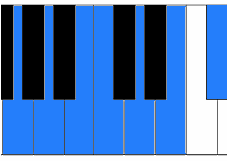 | 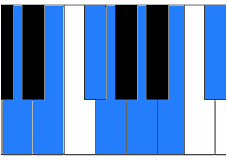 | |
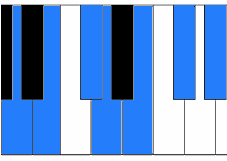 | 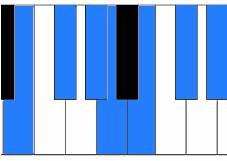 | 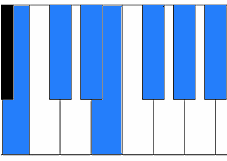 | |
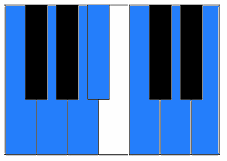 | 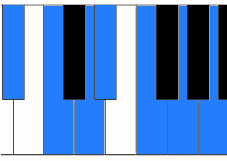 | 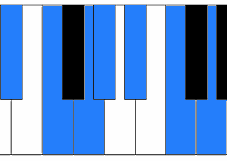 | |
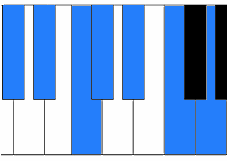 | 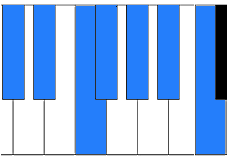 | 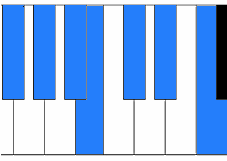 |
Conclusion
Remember, piano scales aren’t always the most enjoyable things in the world to do. But the benefit of practicing them will outweigh the negative. In just a few days you will see yourself playing faster and longer which will make you more determined to keep up the hard work.
